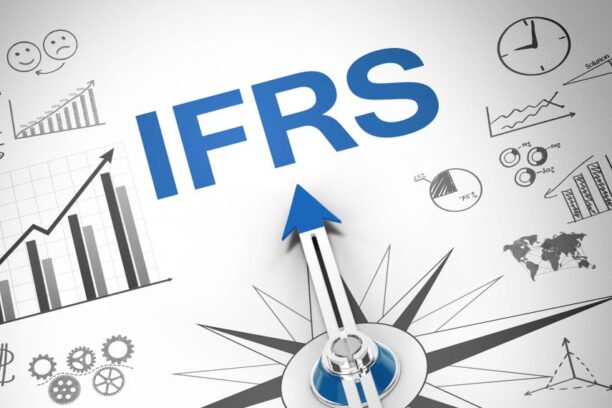I recently sat down with Donato Calace, Senior Vice President of Innovation and Accounts at Datamaran, to discuss key findings from Datamaran’s new report: CSRD Reports Uncovered: Benchmarking the First Wave of 2025 Disclosures. The report’s findings are interesting and contain surprises. Here are some key takeaways:
- Negative impacts outnumber opportunities nearly 3 to 1, with 37% of all IROs classified as negative impacts and just 13% as opportunities.
- Climate Change (E1), Own Workforce (S1) and Business Conduct (G1) were reported by 99%, 98% and 92% of companies respectively, whereas Affected Communities (S3), Water (E3), and Biodiversity (E4) appeared in just 36%, 37% and 44% of reports.
- CSRD statements average 103 pages, virtually unchanged from the pre-CSRD average of 102. This is quite interesting, considering all the talk about the “additional redtape and administrative burden” that fuels the Omnibus process.
- Companies disclosed anywhere from 6 to 130 material IROs (most between 25-45), highlighting wide variability in materiality thresholds. Notably, Datamaran found an instance of a company stating that all the identified Climate IROs were below the materiality threshold, and hence not material.
- Only 14% of companies included any entity‑specific sustainability matters (not covered in the ESRS).
In addition to discussing the report’s findings, we dive into the current state of the Omnibus simplification process. Donato provides great commentary on how Omnibus is moving forward and how companies should prepare for the future.
Our members can find the podcast here.
If you’re not already a member, sign up now and take advantage of our no-risk “100-Day Promise” – during the first 100 days as an activated member, you may cancel for any reason and receive a full refund. But it will probably pay for itself before then.
DID YOU KNOW … we are much more than just blogs. PracticalESG provides tools and guidance for in house staff and outside advisors – from beginners to senior practitioners. We scour third party resources, vetting and filtering them – saving you hours of your day. And we don’t use AI to produce any content or have annoying ads.
Are you a client of one of our Partners? Contact them for exclusive pricing packages for PracticalESG.
If you aren’t already subscribed to our complimentary ESG blog, sign up here for daily updates delivered right to you.










